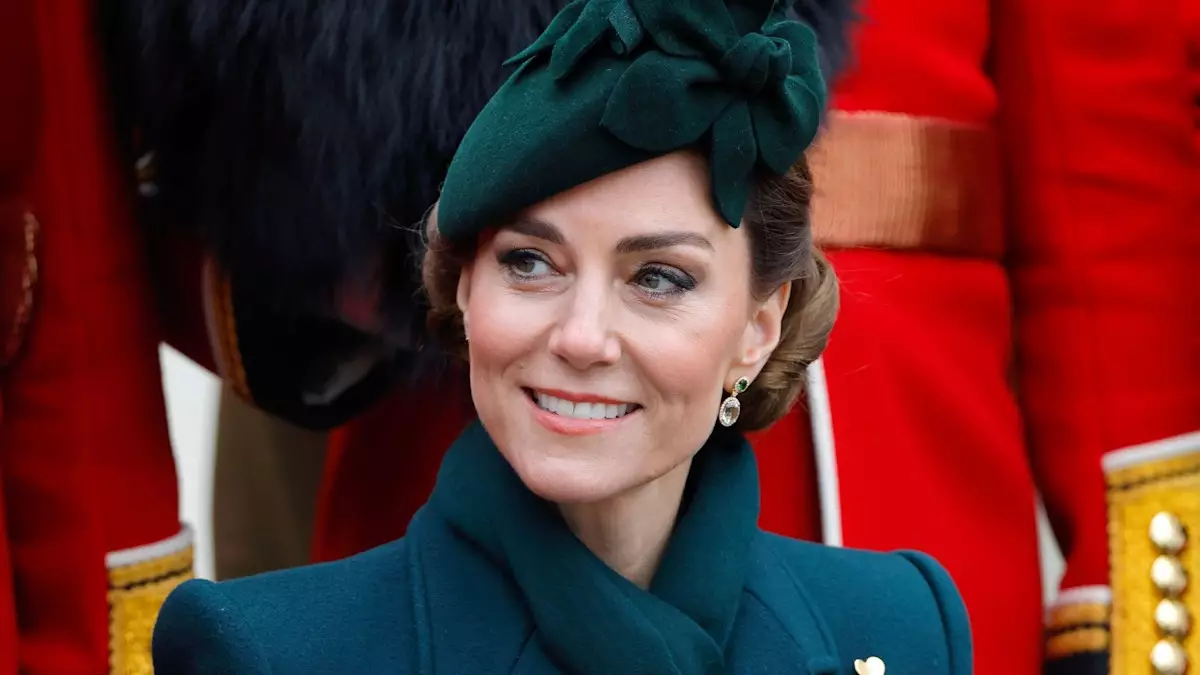In a world that is rapidly evolving, the British royal family strives to balance their historical legacies with modern realities. On Saturday, Prince William will attend Pope Francis’ funeral alone, a decision that may catch the attention of royal enthusiasts and critics alike. This solitary presence is not merely a reflection of personal choice; it highlights the changing dynamics of royal engagements and the ongoing evolution of royal duties. Princess Kate’s absence underscores a commitment to familial responsibilities, illustrating how even the most traditional institutions adapt to contemporary life.
The decision for Prince William to embark on this solemn occasion without his wife resonates with a modern understanding of monarchy. Historically, royal members have often attended significant public events together, embodying a united front. However, William’s solo attendance recalls the precedent set by King Charles during the funeral of Pope John Paul II in 2005. It reflects a strategic approach to royal representation, aligning with the need to fulfill obligations while maintaining a sense of propriety.
Family First: Kate’s Priorities Amidst Royal Duties
Princess Kate’s choice to stay back in the United Kingdom serves as an emblem of her dedication to family life. As a mother of three young children, her hands are undoubtedly full, particularly with Prince Louis celebrating his seventh birthday and preparations underway for Princess Charlotte’s upcoming tenth birthday. These personal commitments highlight an evolving notion of royal family life, where parental duties take precedence over public appearances. Kate’s absence is a refreshing reminder that family remains paramount, even for those in the public eye.
Moreover, the practicalities of a five-day notice for such a global event the size of Pope Francis’ funeral cannot be overlooked. The logistical challenges and emotional needs of young children, engaged in their own activities and celebrations, take center stage in a parent’s life. Kate’s choice resonates with many modern parents balancing career and family, reinforcing a sense of relatability seldom seen in high-profile figures.
William’s Growing Role on the Global Stage
Prince William’s participation in the Pope’s funeral marks a pivotal moment in his evolution as a global statesman. It signifies his growing prominence in international affairs and his emerging identity as a representative of the monarchy. By attending such a significant event, William acknowledges the weight of history surrounding the British royal family while also taking actionable steps towards building his diplomatic presence. Despite the inherent challenges—especially as the Defender of the Faith and Supreme Governor of the Church of England, where personal attendance at Catholic ceremonies is customarily avoided—William is navigating these waters with a strategic mindset.
Although William had never met Pope Francis, his presence reinforces a commitment to engage with global issues that matter to the monarchy. It opens the dialogue on the relationship between British royals and the Catholic Church, a historically fraught topic given the ecclesiastical background of British monarchs. Yet, William’s attendance suggests a progressive approach to interfaith relations, subtly reflecting his willingness to embrace his role as a global leader who prioritizes dialogue and understanding over historical grievances.
A Reflection on Royal Protocol and Personal Touch
The royal family remains well aware of the delicate balance required to adhere to institutional traditions while also allowing for personal expressions of grief and support. King Charles’ decision to remain absent from the funeral further illustrates this protocol-driven approach; it mirrors the late Queen Elizabeth II, who also refrained from attending papal funerals. The established royal customs provide a framework that governs behaviors during such moments, yet this does not erase the personal connections that individuals hold.
The emotional weight of losing a global figure such as Pope Francis cannot be understated, and the royal family’s public statements reflecting on their encounters with the Pope reveal a deeper level of engagement. Charles and Camilla’s recognition of the Pope’s role as a “great servant of mankind” demonstrates that the monarchy actively participates in conversations about compassion and humanity. In a time rife with division, their sentiments take on added significance, particularly as the world reflects on the legacy of a deeply compassionate leader.
As these royal responsibilities unfold, the narratives surrounding the monarchy continue to evolve alongside cultural expectations and personal realities. Through William’s representation at the funeral amid Kate’s commitment to family, the royal family reinforces its adaptability, even within the rigid confines of tradition. The balance between public duty and personal life is a lesson in understanding the complexities of leadership in contemporary society.

